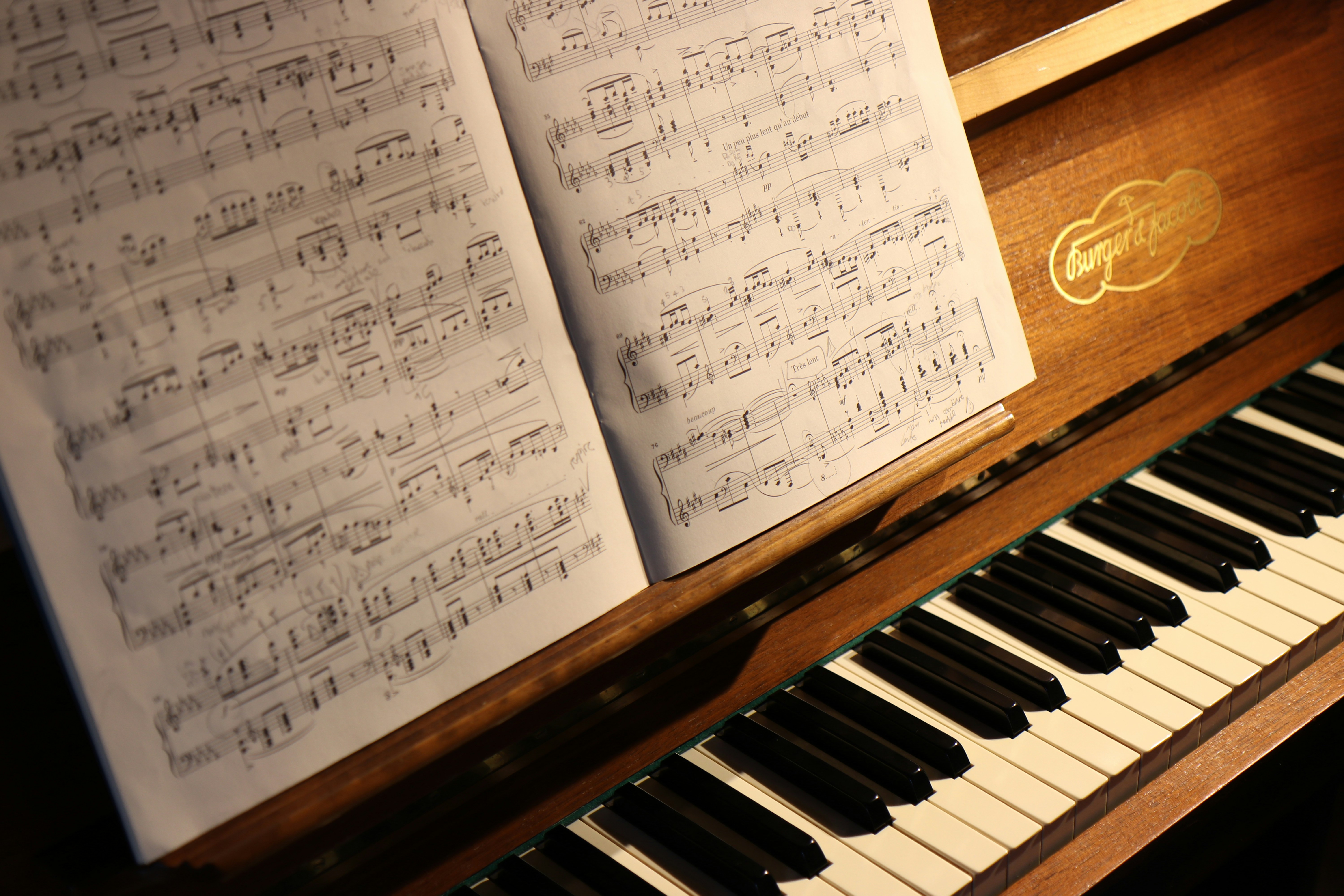How to play piano without disturb your neighbours?
Yesterday it was 21st of June European Music Day. Therefore today it is especially appropriate to write about how to play music at home without cause a conflict in your neighborhood. We once described what to do if you suffer from excessive noise at home. Today we ask its reverse: what if you are a musician?
Let's see, two individual rights are confronted: yours to work versus others to rest and, in some way, to privacy. This text deals with how to avoid the latent conflict in a liberties collision.
First part: Explain yourself clearly.
1. There is an objective fact: your profession is to be a musician or you study to be one. From this we can infer that playing is not a whim (never express it in this tone). Then, you have to add that, you know: both the legal limit of 35 decibels and the hours you can't play (study the website of your local council for this). In any case, Feliu directly advises an eleven-hour band: from 9 am to 8 pm. At 9 am most people have already opened their eyes and at 8 pm they haven't even had dinner. In fact, at that time, quite a few have not even returned from their working day so the inconvenience will tend to be minimised.
It is true that many Town Halls have a greater range of 9 am to 10 pm in their disposals. However, the current uncertainty about the future makes us more irritable and even the citizens are suffering if they have lost the job or are anxious about the permanence of the COVID 19. This fact will make more citizens spend their working hours at home. So we all have to colaborate.
2. An empathy display: although you love your piano, you are aware of the potential discomfort it can cause. Offer to agree on which room you are going to put it in and ask with charm if the neighbours immediately next to you live with a baby or a sick person. You should send a double message: "I am acting in good faith and I know I don't have all the rights in the world".
Part Two: Taking action to prevent harm
It is true that you motu proprio have already given up on your own, but you can do even more if you keep reading, you'll see what we mean:
1. Play the piano with: windows and doors closed. Also don't forget to do it with the lid of the instrument closed. In case of an electric model there is no problem because you can obviously use headphones.
2. Soundproof the room: In this complete article "El mueble" not only talks about prices but also about anti-noise materials and the use of, for example, a shelf full of books to reduce their effects. Do you want to compare budgets? The Internet is full of websites that put a price on such a performance. It's about taking a step that costs money, yes, but shows with facts your interest in the common good.
3. The decisive step: try to "regularize" the situation in the Owners' Meeting
You've gained enormous moral authority... It's time to capitalize it! In this sense, we recommend, along with Sepin Editorial, that you "regularize" the situation through an agreement in a Meeting of owners.
It's not that playing the piano is irregular per se but there are many incidents because of it. The dialogue and approval of this by a majority of owners makes it much more difficult for a complaint to succeed. Namely, not only was the community informed about it but it gave: 1. The approval 2. This explicit approval was recorded in the minutes and 3. This approval is a firm act with value on the court of justice.
If approval is not obtained, at least the administrator of the property will be aware of the situation and will be able to reconcile the interests of the parties. Whether or not it is approved, you will win.
Two final considerations:
Sometimes neither good will nor actions to diminish the inconveniences are enough. Unfortunately, there are harassing neighbours. Don't worry, here is one of our articles so that you know how to anticipate their actions and protect yourself from their effects.
Finally, even though the whole text presupposes your good faith, you may be tempted to break the law: giving up has consequences. Specifically, article 325 of the Penal Code punishes: "with imprisonment from six months to two years, a fine from ten to fourteen months and special disqualification from a profession or trade for one to two years, anyone who, in contravention of the law or other general provisions protecting the environment, causes (...) noise".
We hope we have given you the elements to make any score sound in tune.
